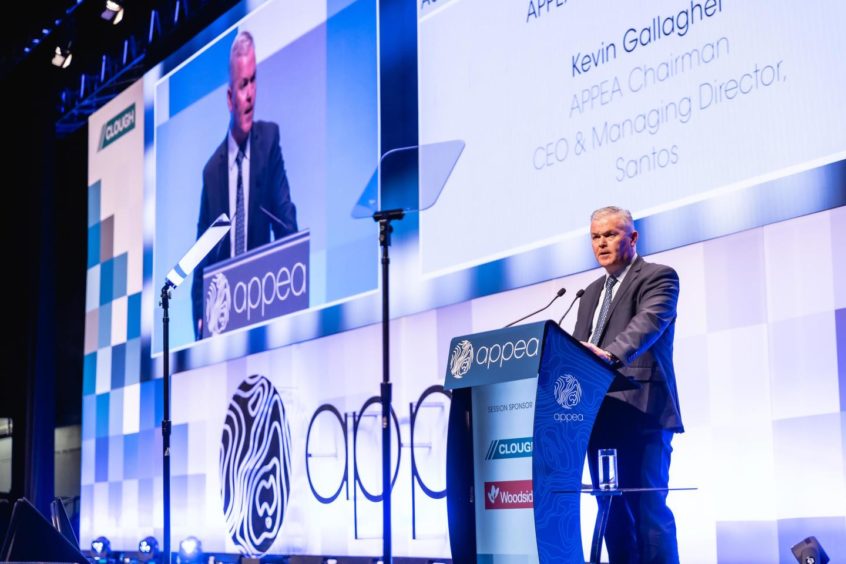
Santos and joint venture partner Beach Energy have given final investment approval to proceed with the $165 million (A$220 million) Moomba carbon capture and storage (CCS) project in South Australia with start-up expected in 2024. But critics say Australian tax payers will be footing the bill for the emissions reductions effort and not the fossil fuel companies.
Santos said yesterday that it has successfully registered the Moomba CCS project with Australia’s Clean Energy Regulator.
The Clean Energy Regulator’s CCS method provides a crediting period of 25 years, over which period the project will qualify for Australian Carbon Credit Units for emissions reduction from Moomba CCS. However, this scheme has been controversial.
“It’s Australian taxpayers subsidising the fossil fuel industry as opposed to the fossil fuel industry being made to pay even remotely a small share of their cost of doing business,” said Tim Buckley, a director at the Institute for Energy Economics and Financial Analysis, reported Bloomberg. “The absolute core priority of the government — the gas-led recovery — is all about supporting more fossil fuel production.”
Moomba will likely cost the taxpayer at least A$720 million over 25 years, according to Buckley. His calculations are based on the current prices the government pays for Australia carbon credits of around A$17 per ton, a level which he said was likely to rise in the years ahead as the demand for offsets increases, reported Bloomberg.
“This is the first time a national government will award tradable, high-integrity carbon credits to large-scale projects that capture and permanently store carbon underground,” Energy Minister Angus Taylor said in a statement on Tuesday.
Meanwhile, Santos chief executive Kevin Gallagher said yesterday that “this carbon reduction project in the South Australian outback will be one of the biggest and lowest cost in the world and will safely and permanently store 1.7 million tonnes of carbon dioxide per year in the same reservoirs that held oil and gas in place for tens of millions of years,”
“We forecast a full lifecycle cost of less than US$24 per tonne of CO2 including cash costs in operation of US$6-8 per tonne of CO2, with first injection targeted for 2024,” he said.
“This decision is a critical step in decarbonising natural gas on our path to new low-emissions and clean-burning fuels such as hydrogen,” claimed Gallagher.
“It is also an important milestone in our plan for Santos to achieve net-zero Scope 1 and 2 emissions by 2040,” he added.
The International Energy Agency’s (IEA’s) Sustainable Development Scenario requires a hundredfold increase in CCS between now and 2050 to achieve the world’s climate goals – going from 40 million tonnes of CO2 stored each year today to 5.6 billion tonnes in just 30 year’s time.
“Our numbers show that reaching net-zero goals without CCS will be almost impossible,” said IEA executive director Fatih Birol recently.
“Santos is already receiving significant international interest in our CCS and hydrogen plans. Just as Australian LNG is valued in Asian markets without their own energy resources, carbon storage is now valued because many other countries lack the geological storage or land required for nature-based offsets,” said Gallagher.
“Australia has a comparative advantage in carbon storage and the Australian Government’s focus on CCS and other low-emission technologies is setting the nation up to capitalise on our natural assets and become a carbon storage superpower, building on the position we have established as an energy superpower over more than half a century,” he added.
“Santos is playing a leading role in driving the energy transition, including our 1.7 million tonnes per year Moomba CCS Project in South Australia and our proposed plan to use the Bayu-Undan facilities in Timor-Leste to safely and permanently store up to 10 million tonnes of CO2 per year once gas production ceases,” said Gallagher.
Santos has a 66.7% interest in the Moomba CCS project and is operator. The remaining interest is held by Beach Energy.

